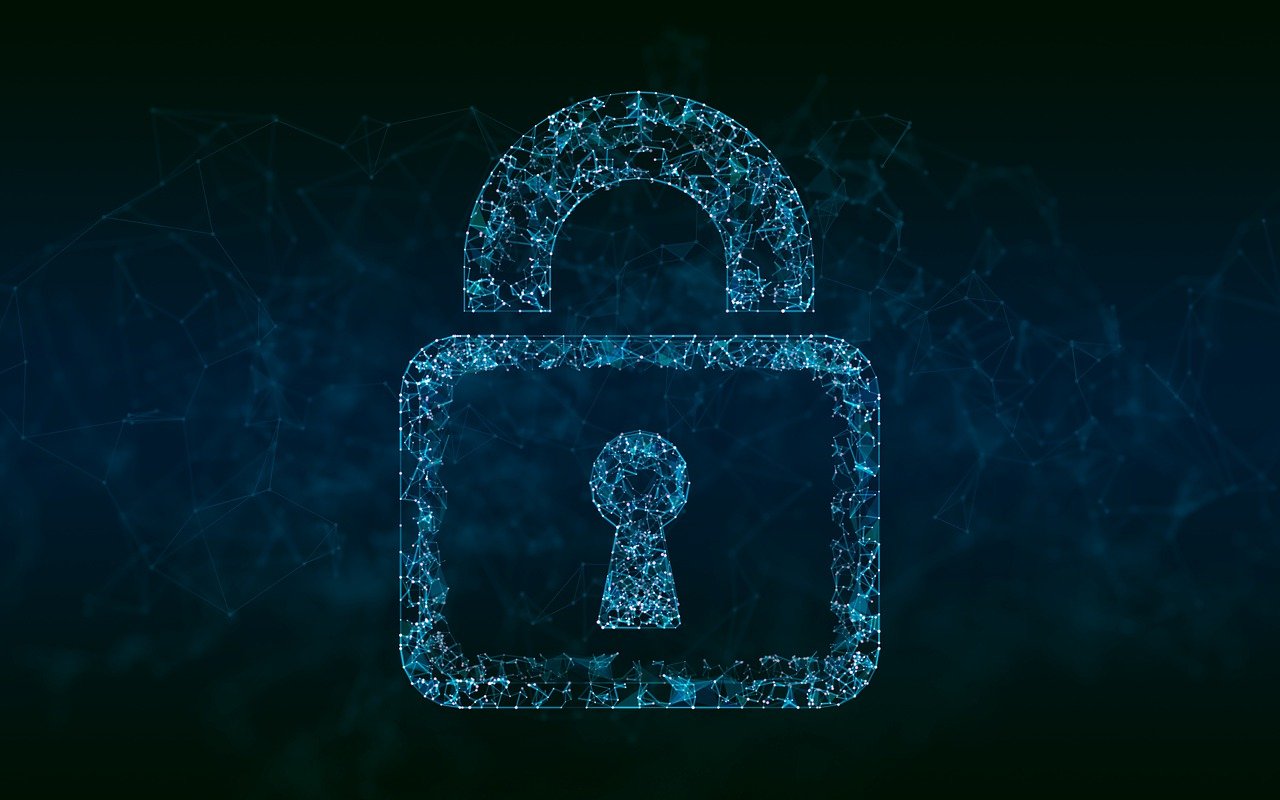· 1 min read
What is Authenticity in Cybersecurity | Definition and Meaning

Authenticity in cybersecurity is defined as the ability to verify the identity of an entity (person, device, etc.) as well as the integrity of the data associated with that entity. This means that any data associated with the entity can be trusted to be accurate and valid, and that the entity itself is who they claim to be.


